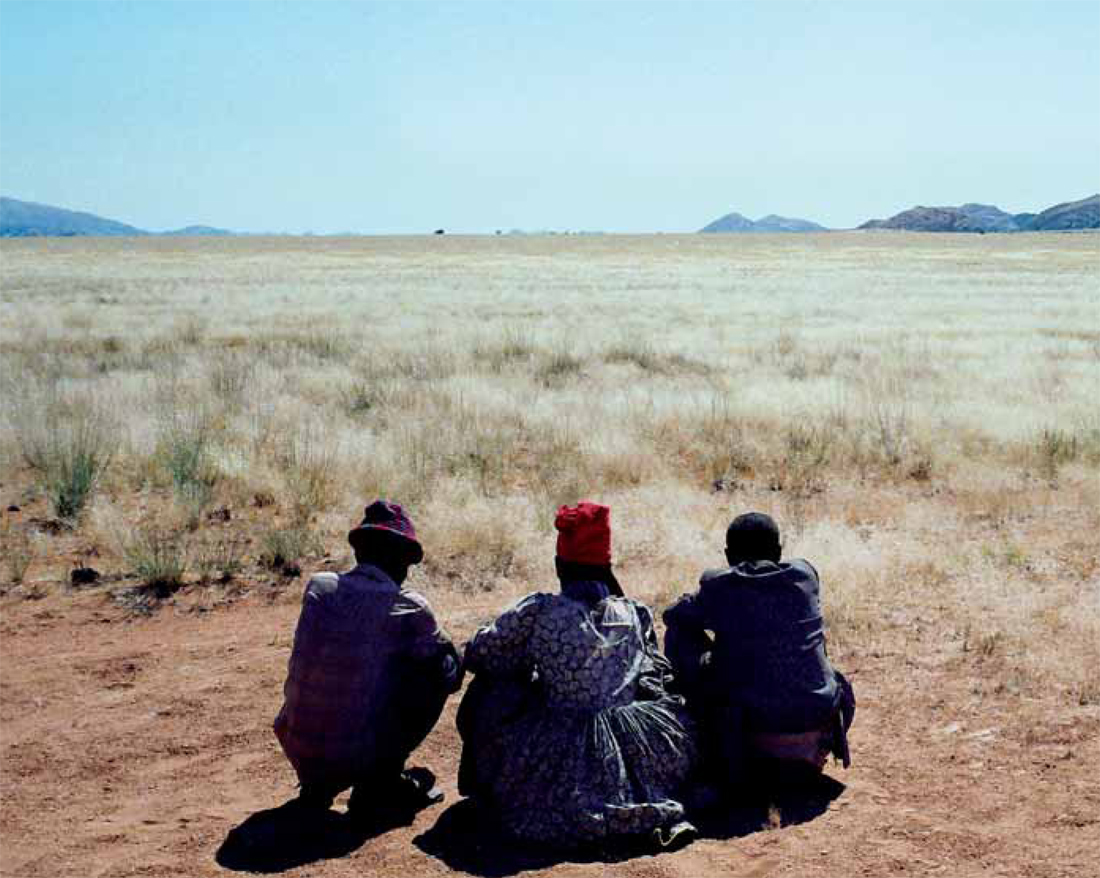On Bioculturalism, Shamanism and Unlearning the Creed of Growth



India is set to embark on a new chapter in its Polar exploration journey with the construction of Maitri II. The Indian government plans to establish a new research station near the existing Maitri ba...
.png )
The Deep Ocean Mission (DOM), approved by the Government of India in 2021 under the Ministry of Earth Sciences (MoES), represents a strategic step in realizing Sustainable Development Goal 14 (SDG 14:...

China recently announced restrictions on the export of seven rare earth elements (REEs), soon after US President Donald Trump decided to impose tariffs. As the world's dominant supplier—responsible fo...
Bioculturalism is the acknowledgement that biological diversity is linked with cultural diversity in knowledges, languages and practice, and that sustaining both is necessary for ecological and cultur...
With overexploitation of biodiversity it is pertinent to create an economic stake in conservation and in this context rights of the primary conservers for recognition and reward assume importance. The...
A commitment is required, not just from individuals but also countries and the respective governments to put an end to the destruction of biodiversity.
The impact of global climate change on marine resources is inadequately understood. In order to cope with the adverse effects, a creative participatory approach that not only checks the unabated comme...
Bioculturalism is the acknowledgement that biological diversity is linked with cultural diversity in knowledges, languages and practice, and that sustaining both is necessary for ecological and cultural well being. It is an emerging term and concept that marks a radical step to bring varied cultural values explicitly into debate and practice regarding nature conservation.

With overexploitation of biodiversity it is pertinent to create an economic stake in conservation and in this context rights of the primary conservers for recognition and reward assume importance. The pathway to an era of biohappiness is rooted in the principles of ethics and equity in benefit sharing.

A commitment is required, not just from individuals but also countries and the respective governments to put an end to the destruction of biodiversity.
